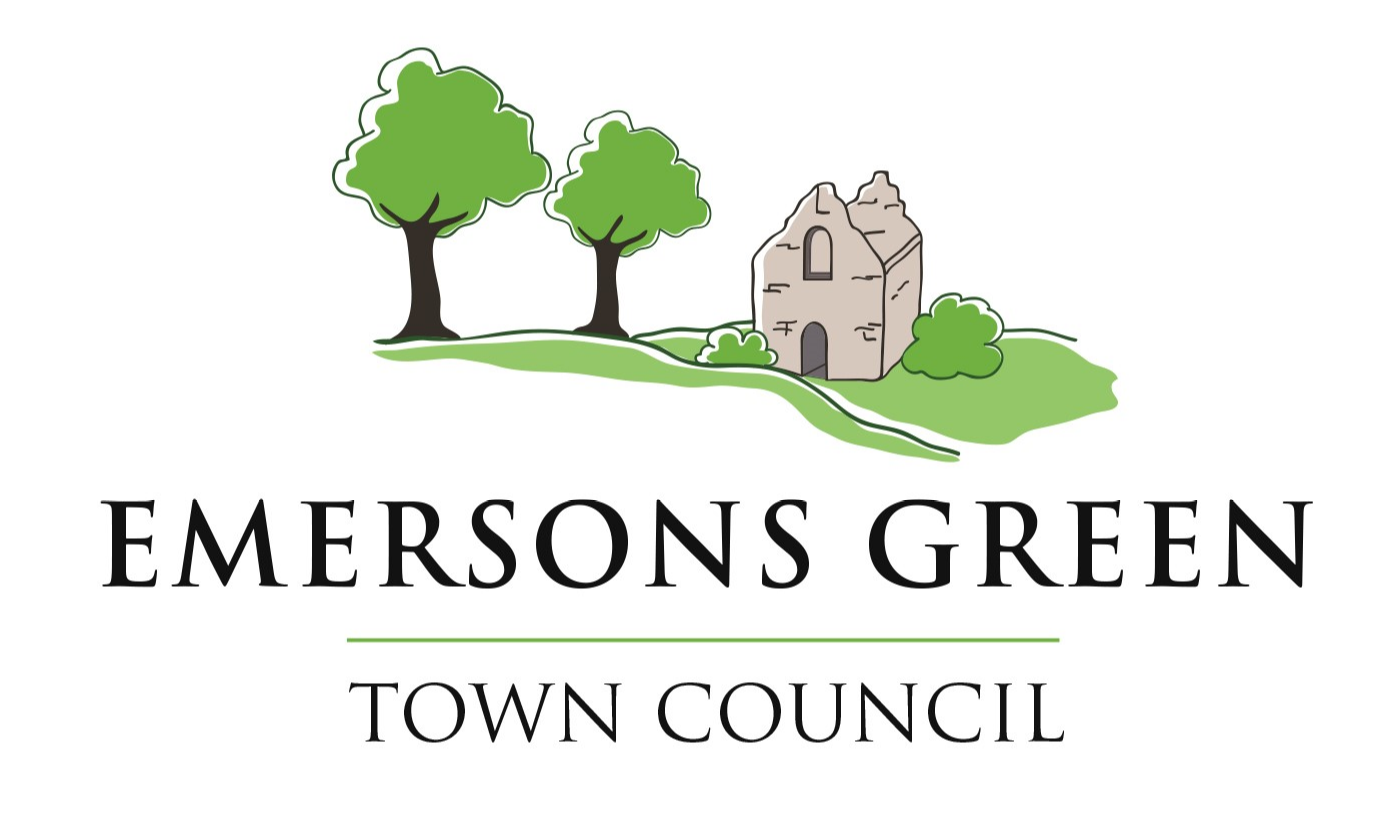Households across the country will be asked to take part in Census 2021 this spring.
The census is a once-in-a-decade survey that gives us the most accurate estimate of all the people and households in England and Wales. Understanding the needs of the nation helps
everyone from central government to organisations, such as councils and health authorities, plan and fund public services across England and Wales. Census outputs inform where
billions of pounds of public funding is spent on services like transport, education and health – on cycle routes, schools and dental surgeries.
Information from the census is also important in helping lots of other people and organisations do their work. Charities and voluntary organisations often use it as evidence to get funding. It helps businesses to understand their customers and, for example, decide where to open new shops. Plus, those doing research, like university students and people looking into their family history, use census data. It provides important information on population diversity, allowing organisations to know whether they are meeting their responsibilities and triggering action where necessary.
Census 2021 will be the first run predominantly online, with households receiving a letter with a unique access code, allowing them to complete the questionnaire on their computers,
phones or tablets.
“The census provides a unique snapshot of our communities,” Iain Bell, deputy national statistician at Office for National Statistics, said. “It benefits everyone. Based on the
information you give, it ensures millions of pounds are invested in emergency services, mental health care, school places, hospital beds, houses, roads, GP’s and dentist’s services.
“No-one should miss out. Everyone can complete online with a new search-as-you-type ability and paper forms for those who need them.”
Census day will be on March 21, but households will soon receive letters with online codes explaining how they can take part. The census will include questions about your sex, age,
work, health, education, household size and ethnicity. And, for the first time, there will be a question asking people whether they have served in the armed forces, as well as voluntary
questions for those aged 16 and over on sexual orientation and gender identity.
Results will be available within 12 months, although personal records will be locked away for 100 years, kept safe for future generations. For more information and advice on how to answer the questions, visit www.census.gov.uk
